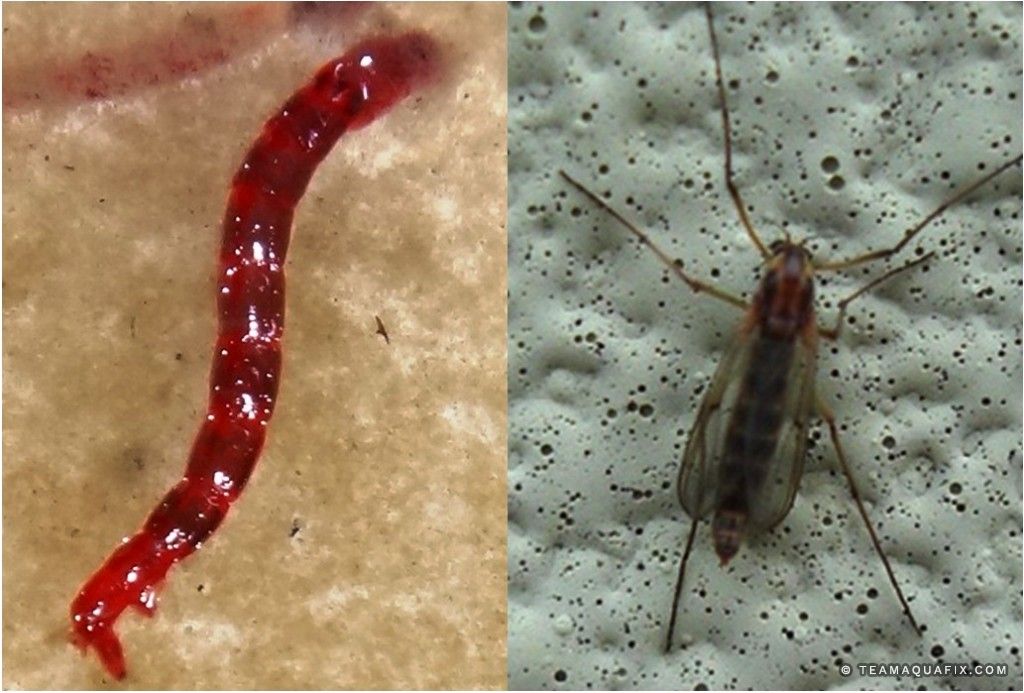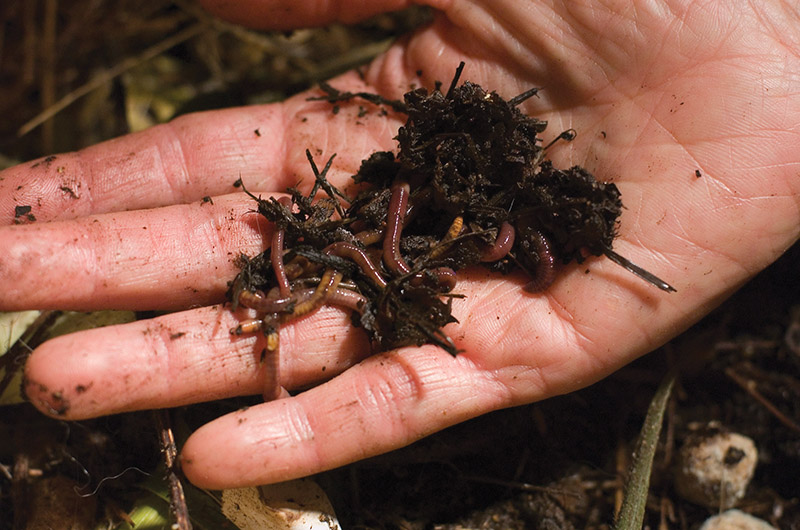Efficient red wigglers: Improve composting
Efficient red wigglers: Improve composting
Blog Article
Why Red Wigglers Are Vital for Natural Farming
Red wigglers play a pivotal role in organic farming, primarily with their unique capacity to break down organic products and boost dirt health and wellness. Their activity not just enriches the soil with essential nutrients yet additionally cultivates a flourishing ecological community important for lasting agriculture. In addition, the physical procedures they take part in, such as aeration and wetness retention, contribute substantially to improved crop yields. The extent of their effect on agricultural techniques and dirt biology elevates fascinating questions regarding the future of natural farming. red wigglers. What effects might this have for farming methodologies?
Duty of Red Wigglers in Soil Health

Additionally, red wigglers enhance dirt structure by developing networks as they delve. These networks improve aeration and water seepage, promoting a much healthier origin environment. Their task also assists in preserving ideal moisture levels, which is critical for healthy and balanced plant growth.

Advantages of Worm Spreadings
Worm castings, the nutrient-rich waste matter produced by red wigglers, act as a powerful amendment for organic farming. These spreadings are packed with vital nutrients such as nitrogen, phosphorus, and potassium, which are crucial for plant growth. Unlike artificial plant foods, worm castings release nutrients slowly, offering a constant supply in time and minimizing the threat of nutrient leaching and runoff.
Moreover, worm spreadings boost soil structure and oygenation, promoting healthier origin systems. Their high raw material content boosts moisture retention, making it possible for plants to much better endure dry spell problems. Additionally, worm castings consist of helpful microbes that sustain plant wellness by subduing microorganisms and improving nutrition uptake.
The application of worm spreadings can bring about boosted plant returns and enhanced high quality of produce, making them an invaluable resource for organic farmers. Their use also straightens with sustainable farming practices, adding to soil fertility without the unfavorable environmental influences connected with chemical plant foods. On the whole, the unification of worm castings right into agricultural techniques cultivates an extra resistant and effective ecological community, emphasizing the importance of red wigglers in organic farming systems.

Enhancing Nutrient Biking
(red wigglers)Nutrition cycling is a crucial process in natural farming, and the integration of red wigglers plays a crucial function in improving this cycle. These earthworms contribute dramatically to the break down of natural matter, facilitating the transformation of intricate natural materials right into less complex, much more available nutrients for plants. As red wigglers take in rotting raw material, they secrete nutrient-rich spreadings, which are including advantageous microbes. This microbial activity additional aids in the disintegration procedure, making sure that essential nutrients are easily offered for plant uptake.
Additionally, red wigglers help to increase the mineralization of nutrients, converting them from inert kinds right into bioavailable types that plants can soak up. This process is essential for keeping dirt fertility and advertising healthy and balanced crop development. The existence of red wigglers also encourages a diverse soil environment, promoting a balance of nutrients that sustains different plant varieties.
Improving Soil Framework
The improvement of soil framework is important for promoting a healthy agricultural ecological community, and the activity of red wigglers substantially adds to this renovation. These earthworms play a crucial role in aerating the soil and producing a network of networks that assist in water infiltration and origin infiltration. As they delve with the dirt, red wigglers separate compressed layers, enabling better oxygen exchange and advertising microbial task.
Moreover, the raw material generated from their waste, understood as vermicast, boosts soil aggregation. This procedure produces secure clumps of soil bits, improving soil porosity and reducing her comment is here disintegration (red wigglers). The existence of red wigglers also urges the advancement of useful fungal networks, which are essential for nutrient uptake by plants
Supporting Sustainable Practices
Integrating red wigglers into natural farming practices not only boosts dirt health however additionally advertises sustainable agricultural approaches. These earthworms play an essential duty in nutrient cycling, changing organic waste into beneficial compost that enriches the soil. By making use of red wigglers, farmers can successfully lower dependence on synthetic fertilizers, consequently minimizing chemical runoff and its harmful effects on communities.
Moreover, the incorporation of red wigglers motivates the method of reusing organic materials, such as kitchen scraps and farm waste. This waste reduction technique not only reduces disposal costs however likewise cultivates a closed-loop system where nutrients are continually gone back to the soil (red wigglers). Such practices are important in mitigating environment modification, as they boost carbon sequestration and lower greenhouse gas discharges
Additionally, red wigglers enhance water retention in the soil, which is crucial in times of dry spell. Their burrowing tasks create networks that allow water to penetrate much deeper right into the ground, hence advertising efficient water usage. Eventually, incorporating red wigglers into chemical-free farming not only supports biodiversity yet also lines up with the principles of sustainable farming, supplying an all natural strategy to food production.
Final Thought
To conclude, red wigglers play an essential function in organic farming by significantly improving soil wellness and fertility. Their capability to break down raw material and produce nutrient-rich spreadings fosters a thriving microbial community, which is important for vitamins and mineral biking. Additionally, the burrowing tasks of these worms boost soil framework and aeration, promoting much better water seepage and origin development. Thus, the integration of red wigglers right into farming techniques is crucial for promoting sustainability and improving overall soil high quality.
Report this page